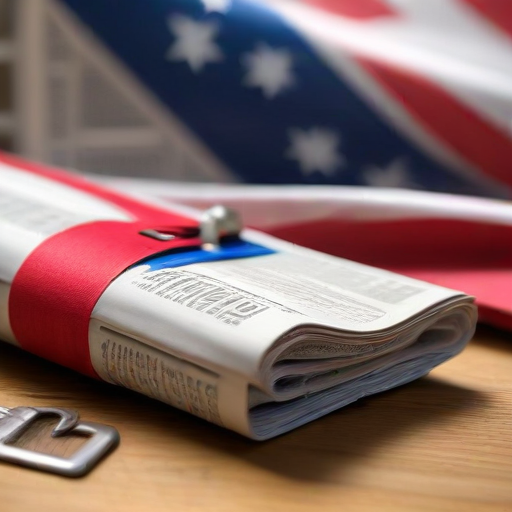During a recent hearing in Washington, tensions escalated as a bipartisan task force scrutinized the assassination attempts against President-elect Donald Trump. The conflict intensified when Republican Rep. Pat Fallon confronted acting Secret Service Director Ronald Rowe, accusing him of “playing politics” due to his attendance at a 9/11 memorial event alongside prominent leaders, including Trump and President Biden.
The confrontation erupted after Fallon displayed a photograph showing Rowe positioned behind Vice President Kamala Harris at the memorial in New York City. He questioned Rowe about security protocol at such events, emphasizing the usual proximity of security personnel to the president. Rowe maintained that the photo did not capture the special agent responsible for security, explaining his attendance was meant to honor fallen Secret Service members from 9/11.
Failing to get a satisfactory response, Fallon described Rowe’s reasoning as inauthentic and pressured him further about his qualifications and preparedness at the memorial. In a passionate exchange, Rowe defended his role as a public servant and reminded Fallon not to politicize the memory of 9/11.
The task force hearing was crucial, focusing on the security breakdown that permitted gunman Thomas Matthew Crooks to target Trump during an event in Butler, Pennsylvania, where the president-elect was injured along with others, resulting in one fatality. Rowe acknowledged the Secret Service’s failure to properly secure the event site and accepted responsibility for not meeting the expectations of the public and lawmakers.
As this investigation continues, it is essential for the Secret Service to address its shortcomings. The committed dialogue from both members of Congress and Secret Service leadership could pave the way for strengthened security measures in the future. This incident underscores the importance of effective oversight and accountability, which ultimately serves to enhance the safety of elected officials and the public alike.
In summary, the highly charged disagreements during the hearing highlight the critical need for addressing security lapses while fostering a respectful environment for discussing such sensitive topics. With the right focus on accountability and improvement, we can hope for an effective resolution and a safer future for public events involving prominent leaders.
